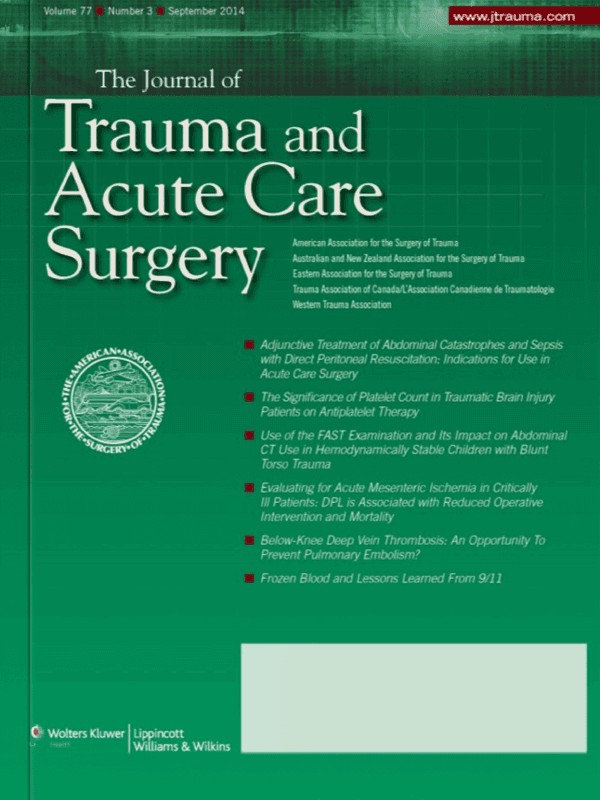TRAUMA QUALITY IMPROVEMENT
Pushing boundaries of video review in trauma
Published on
Jul 12, 2020
Trauma Surgery and Acute Care Open
Brodie Nolan, Christopher M Hicks, Andrew Petrosoniak, James Jung, Teodor Grantcharov
Overview
This article discusses the limitations of traditional post-event reviews in trauma care and introduces an innovative solution, the Trauma Black Box®. Current methods rely on retrospective data collection, which can lead to recall bias and incomplete information. The Trauma Black Box system addresses these issues by continuously capturing audiovisual, physiological, and environmental data in real-time using various sensors and cameras.
The system allows for a more comprehensive and accurate analysis of trauma cases, providing a detailed timeline of events and anonymized video clips to supplement reviews. It also enables consistent tracking of quality metrics and can be integrated with electronic medical records to explore connections between initial trauma resuscitation and long-term patient outcomes. This technology aims to overcome the deficiencies in current evaluation methods and has the potential to significantly improve patient safety in trauma care.
Results
Trauma care has significantly improved during the past few decades; however, there is still room for improvement. A video capture and data analysis system for the trauma bay overcomes the inherent deficiencies in the current standard for evaluating patient care in the trauma bay and offers exciting potential to enhance patient safety through a comprehensive data collection system.
Peer-reviewed Research





